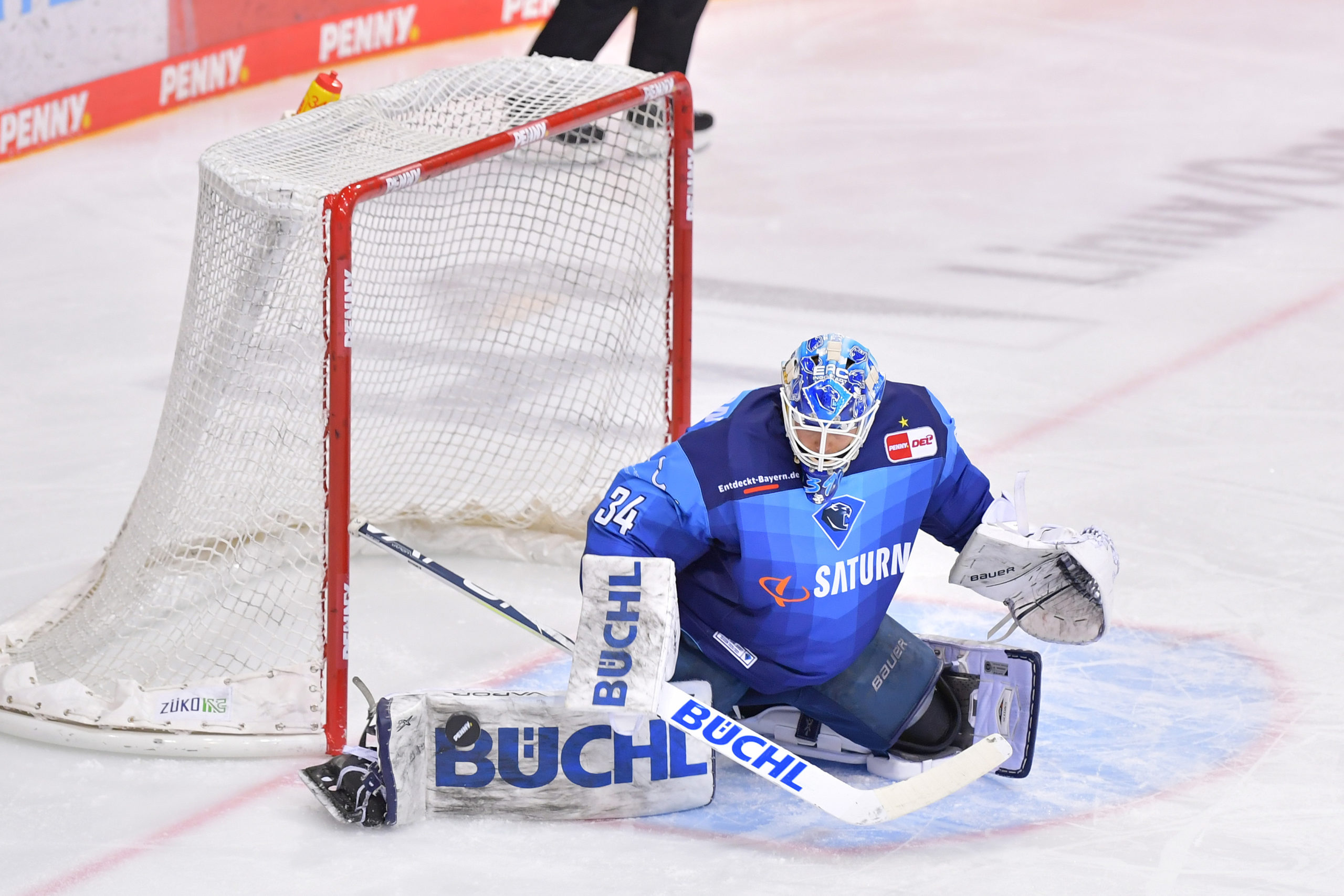Michael Garteig is an alum of the Princeton Posse, having played for the Posse in the 2008-09 season. He moved onto the B.C. Hockey League playing for the Powell River Kings and won a Junior A national championship with the Penticton Vees in 2011-12. The KIJHL connected with him over Zoom to talk about playing in the Deutsche Eishockey League and his time in the KIJHL, which you can watch in the video below.
KIJHL: Michael, what has your first season in Germany been like?
MG: It’s been a rollercoaster. I came from Finland last year to here and Germany was one of the last leagues to make a decision if they were going to play or not so we kind of put together a team pretty quickly and then had a camp, and then played a shortened 38 game season. I mean obviously thankful that I am able to play and that’s the main thing, but it’s kind of been a crazy year as it’s been for everyone.
KIJHL: How do you feel you’ve been playing?
MG: I think I had a really good first half of the season. I got off to a quick start and then the team, and myself, we kind of struggled a little bit in the second half, but at the same time, we made the playoffs. (ERC Ingolstadt defeated Red Bull Munich in two games, then lost in the semifinal round to Berlin in three games.) We were a top team in the league placing fifth in the 14-team league. Overall I think we had a pretty good season and my statistics maybe aren’t quite where they wanted them to be, but at the same time, the team has been successful and that’s all that matters.
KIJHL: What is the Penny Deutsche Eishockey Liga like?
MG: It’s probably a little bit of an older league. You know the import players, typically have played in the NHL the AHL, the CHL so you’re allowed nine imports to play and, for example, our team carries 10, so one guy is in the stands, if they’re not playing. And then, the Germans are obviously good hockey players. As a hockey country, they are a soccer country trying to turn it into a little bit more of an ice hockey country and they’re getting better and more development and it’s a good league. It’s an offensive league and a little different from what I was used to last year for sure, but overall it’s been a good experience.
KIJHL: What growth and improvement have you seen in yourself as a goalie since becoming a pro?
MG: I think my first couple of years were quite challenging. A lot of the mental side of it was probably the most challenging and as I’ve gotten older, I just kind of realize that there’s lots of important things in life that aren’t necessarily just hockey, so I try to enjoy life and enjoy hockey and all the things that everything has to offer. That’s been a big thing for me, it’s helped me play better. I’m just trying to enjoy myself and I think once I came to Europe, I’ve started to have a new appreciation for the game and had a lot more fun playing it than I did in North America. I’m happy that I’m continuing to play and there is always room to improve and I know that I still want to keep playing so that’s the goal.
KIJHL: What was it like for you to win an ECHL championship with the Newfoundland Growlers?
MG: It was unreal – one of the highlights of my career. It was so much fun to win at the professional level.
KIJHL: What was so special about that group that they were able to win the ECHL championship?
MG: We had a really tight bond and an exceptional team. There were lots of guys on contracts with the NHL or AHL club (Toronto Maple Leafs and Toronto Marlies). We had fun when we went to the rink and enjoyed playing together!
KIJHL: What made you decide to sign with that organization initially?
MG: I had a tough year with the Canucks organization. I didn’t have many options and Newfoundland took a chance and it worked out for the best. I’m really thankful they believed in me.
KIJHL: What valuable experiences did you gain from that season that continues to help you?
MG: We did what it took to win a championship. It’s hard to win night in and night out. To bring a winning mentality to the rink every-day is what makes championship teams.
























